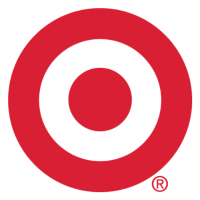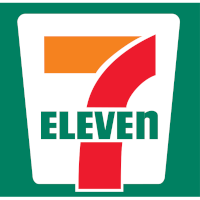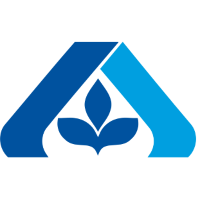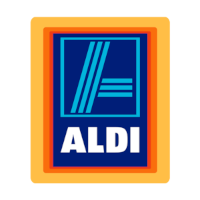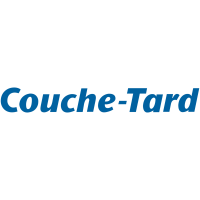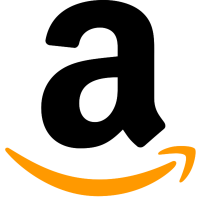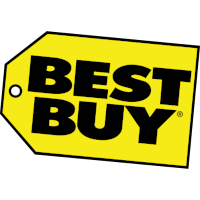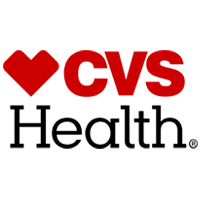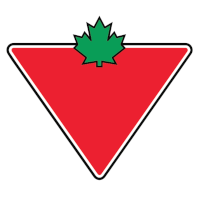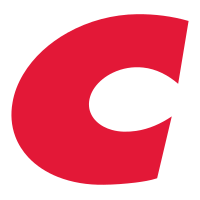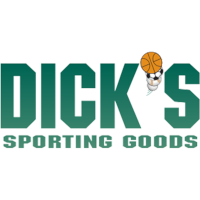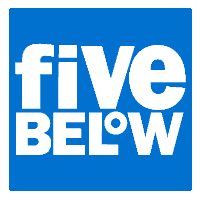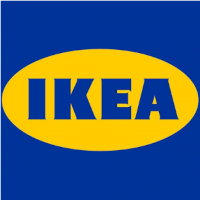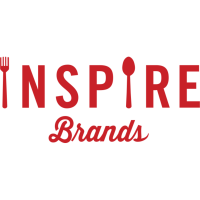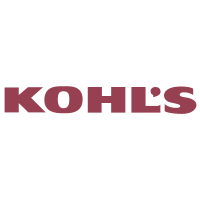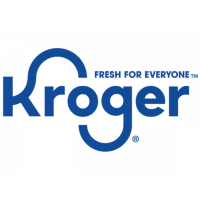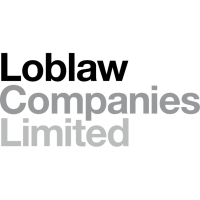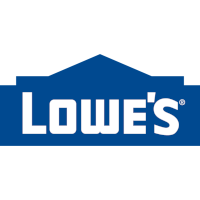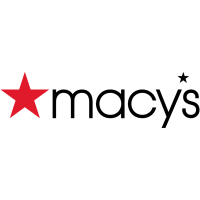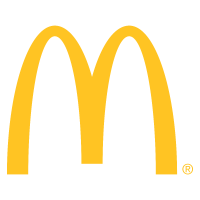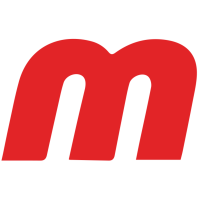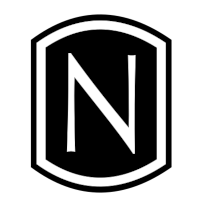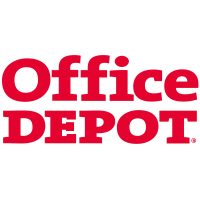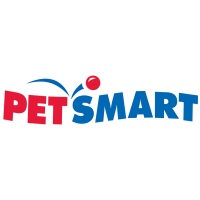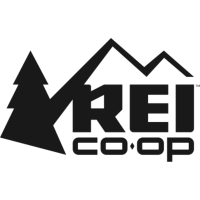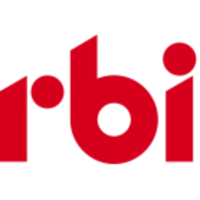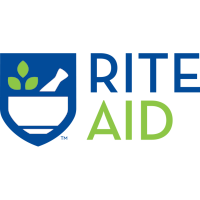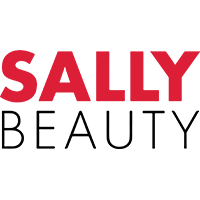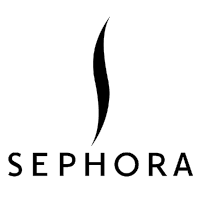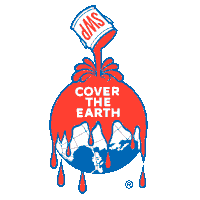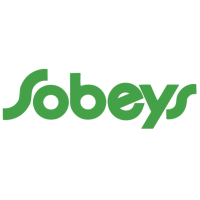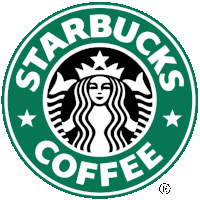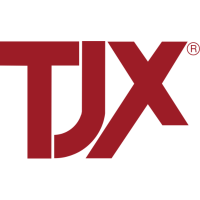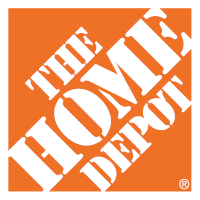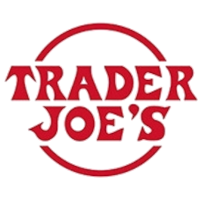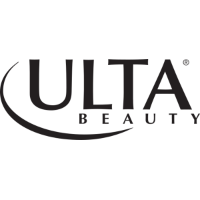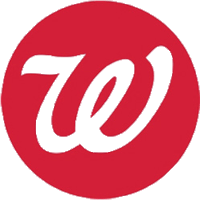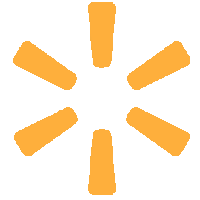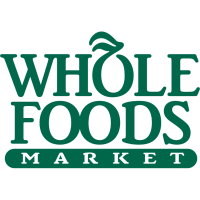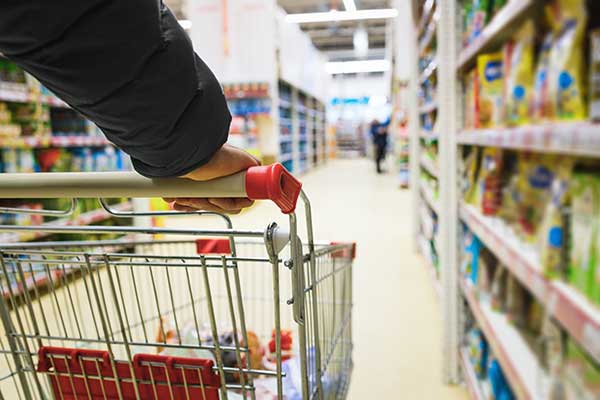Key Findings and Recommendations
- Corporate Commitment: Target adopted a comprehensive safer chemicals policy in 2017, which applies to both private-label and brand-name products and includes a clear preference for safer alternatives. Target participates in the Chemical Footprint Project Survey but does not make its score public. Target should publicly support governmental policies to reduce chemicals and plastics of high concern.
- Transparency: Target requires both private-label and brand-name formulated products to disclose formulations to UL WERCSmart; disclosure may include generic ingredients. Target should take the next step by committing to evaluate and publicly disclosing its chemical footprint.
- Ban the Bad: Target restricts various chemicals of high concern in textiles as well as ingredients in formulated products through its Target Clean program. The company has set goals to eliminate intentionally added PFAS from private-label products including but not limited to textiles, formulated, cosmetics, beauty, and cookware items. Target also has a goal to eliminate polystyrene, PVC, PVDC, PFAS, and carbon black from private-label packaging by 2025. Finally, as of year-end 2023, it increased the number of products in Target Clean, by approximately 10 percent year over year, to a total of around 5,000 individual items.
- Safer Solutions: Target has eliminated or substituted flame retardants in various textiles and has disclosed that it has transitioned to flame retardants that meet GreenScreen Benchmark 3 criteria for children’s loosefit sleepwear, play tents, and sleeping bags. Target has been investing in innovative green chemistry ideas and programs and it exceeded its goal to invest $5 million in green chemistry innovation by 2022. Target also sells private-label products that are Safer Choice certified.
2024 Detailed Analysis of Target
Corporate Chemicals Policy
Adopted a safer chemicals policy
Oversight
Established management oversight
Chemical Footprint Project (CFP)
Participated in the CFP
Collaboration
Actively participates in collaborative process to promote safer chemicals
Public Policy Support
Supported governmental policies to reduce chemicals or plastics of high concern
Supply Chain Disclosure
Brands report use of chemicals or plastics in products or packaging to retailer
Supplier Accountability
Ensures supply chain accountability for chemicals or plastics restrictions
Consumer Disclosure
Brands disclose use of chemicals or plastics to consumers
Chemical Footprint Calculation
Publicly disclosed its chemical footprint
Restricted Substances List (RSL)/Manufacturing Restricted Substances List (MRSL)
Reduction/Elimination Goals
Chemicals and Plastics Reduction
Reduced or eliminated toxic chemicals or plastics of high concern
Safer alternative definition
Adopted a definition of safer alternative consistent with Washington state
Investment in Safer Solutions
Invested financial resources to advance and drive development of safer solutions
Implementation of Safer Solutions
Replaced chemicals or plastics of concern with safer solutions
Quantified Safer Products
Measured and disclosed progress towards safer products
How does Target compare to its competitors?
Previous Grade History
NOTE: Our evaluation criteria changed in 2024. The scores from previous review years through 2021 are based on a different set of criteria measured.
Click or tap on a grade year to review additional details (where available).



